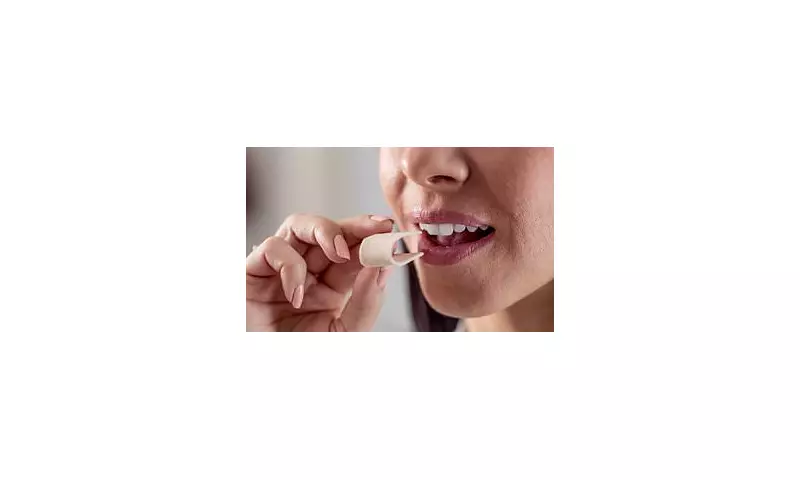
Concerning new research suggests a popular sweetener used in countless sugar-free products could be raising the risk of a deadly liver condition sweeping the UK.
A study published in the journal Science Signalling has uncovered that a build-up of sorbitol can trigger a dangerous accumulation of fat in the liver, leading to metabolic dysfunction-associated steatotic liver disease (MASLD).
The Gut-Liver Connection
Researchers from Washington University investigated the process by focusing on the gut microbiome of zebrafish. The gut microbiome is a vital ecosystem of billions of friendly bacteria and fungi that helps digest and absorb food.
The team discovered that when the fish's gut bacteria were depleted using antibiotics, it led to the development of liver disease, even on a normal diet. The crucial mechanism involves the body's natural conversion of glucose into sorbitol in the intestine during digestion.
Normally, beneficial gut bacteria break down this sorbitol, preventing any harm. However, without these bacteria, the sorbitol built up, travelled to the liver, and directly caused fatty liver disease. The scientists confirmed this effect by adding sorbitol directly to the fishes' diet, which produced the same damaging result.
Sorbitol's Hidden Pathway
Professor Gary Patti, an expert in chemistry, genetics, and medicine at Washington University, explained the connection. He noted that sorbitol is essentially 'one transformation away from fructose', a sugar already known to be converted into fat by the liver and linked to serious health issues.
While sorbitol is added to sugar-free products and occurs naturally in stone fruits, Dr Patti highlighted that it can also be produced by the gut itself after eating, particularly when blood glucose levels are high. 'Sorbitol can be produced in the body at significant levels,' he said. 'But if you have the right bacteria, turns out it doesn't matter.'
The protection comes from specific sorbitol-degrading bacteria that render the substance harmless. 'If you don't have the right bacteria, that's when it becomes problematic,' Dr Patti warned. 'Because in those conditions, sorbitol doesn't get degraded and as a result, it is passed on to the liver.'
A Growing Public Health Concern
The research team concluded that sorbitol-degrading gut bacteria are a key defence against sugar-related liver disease, and excessive intake of dietary sorbitol may be a significant risk factor for developing MASLD.
This is particularly alarming given the scale of the condition in the UK. The British Liver Trust estimates that MASLD could now affect up to one in five Britons, with some experts warning the true figure could be as high as 40%. Worryingly, around 80% of cases remain undiagnosed, as the disease often presents no obvious symptoms.
Professor Philip Newsome, Director of the Roger Williams Institute of Liver Studies at King's College London, previously told the Daily Mail: 'People who develop MASLD are often overweight or have diabetes. We're seeing an increase in liver disease in the UK, and the challenge is that symptoms are often unnoticeable until it's too late.'
The findings add to a growing body of evidence questioning the safety of artificial sweeteners, which have also been linked to potential heart and brain health risks. While more research is needed to fully understand the mechanisms, this study cautions that the assumption these 'healthier' sugar alternatives are harmlessly processed by the body may be dangerously incorrect.






